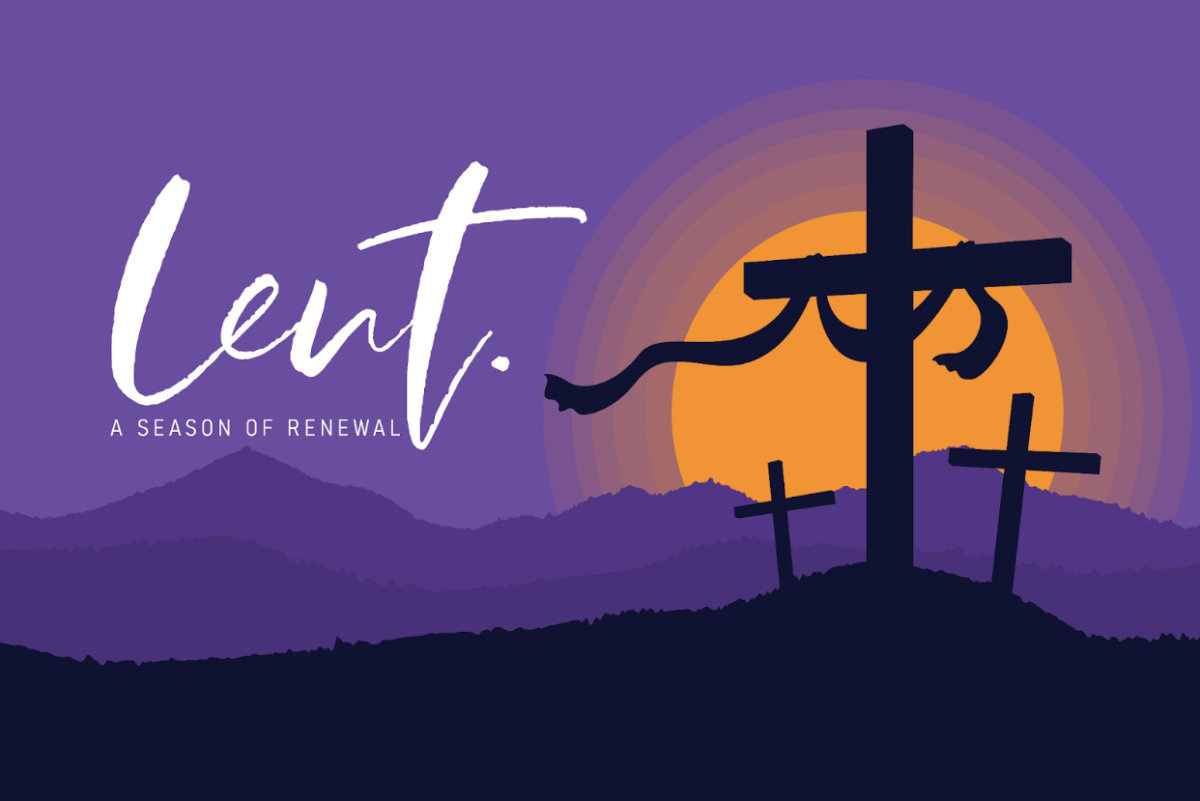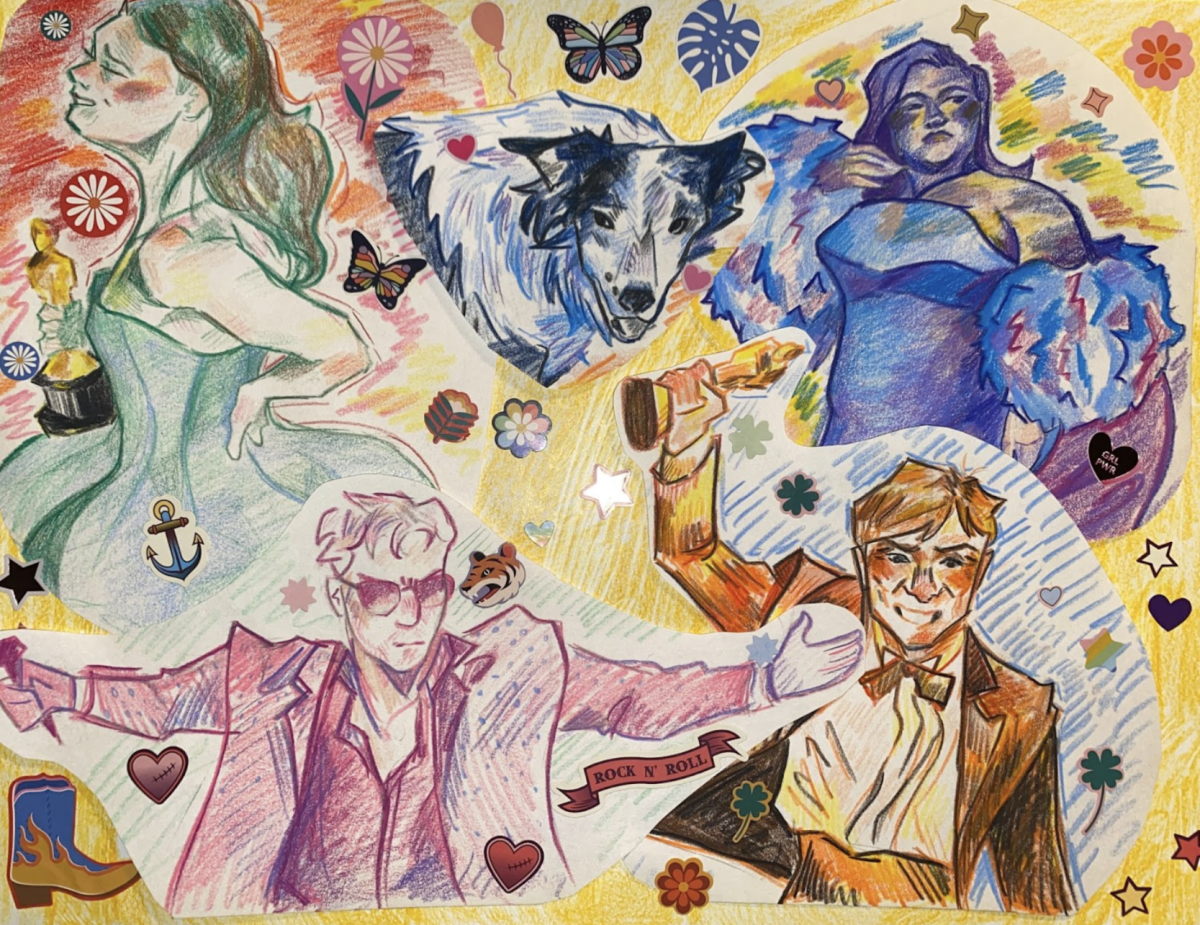Since the dawn of human civilization, mankind has told legends of heroes and antiheroes for over thousands of years. The legends of Thor, Hercules, and Superman all seem to be adaptations of modern lectures in the comic book realm and not to forget that they are a popular movie trend these past decades. The wildest thing about comic books is that many have a basis from real mythologies.
Plato first coined the Latin term “mythologia” to mean merely the tellings of stories about legendary figures. Well into 21st century pop culture, people have been enjoying a well told story. In
Arthur Cotterell’s book “A Dictionary of World Mythology”, the Native Eskimos of the Northwest of Americans believed that “our tales are men’s experience, and the things one hears of are not always lovely things…When I narrate legends, it is not I who speak, it is the wisdom of our forefathers speaking through me”. Myths are foundation of all human stories of our past. Comic books are the windows. Mythology is mankind’s ancient comic books in many ways.
Human culture has always told great tales forming a mythology that reflects the values of people. Hero-based mythologies fervently seek answers to the cosmic questions arising from the primal and mystical sensitivity of the human spirit. For what connections can we find in comics to old world myth? What relations can we find? Look no further than old Norse myths to find answers.
Thor, Norse mythology God of Thunder, is the strongest connection between mythologies and comics. Marvel’s mega-hit “Thor” comics are Stan Lee’s collaboration of Norse mythology and the
Marvel Universe. Stan Lee once said “how do you make someone stronger than the strongest person? It finally came to me: Don’t make him human — make him a god. I decided readers were already pretty familiar with the Greek and Roman gods. It might be fun to delve into the old Norse legends.
In 1962, Marvel’s Stan Lee and Jack Kirby created “Journey Into Mystery # 83”. Lee pictured the old Norse gods looking like Vikings, with flowing beards, horned helmets, and battle clubs. Thor and mischievous brother Loki’s cosmic journey illustrates the advancers to the land of the frost giants.
In the halls of the comic book world, another mythological hero from Ancient Greece would grace Marvel’s comic pages. Hercules, also known as Heracles, first appeared in “Journey into Mystery #2” in 1965. His story, like in the myths, tell of a demigod who life was shaped by the animosity of of his stepmother Hera, brother Ares, and twelve labours. He was the son of Zeus and the Bane Alcmene women.
There are as many different versions of Hercules’ life story as there are storytellers. Is there any reason why Marvel wanted to retell the about the legend because maybe they thought that had historical narratives to the truth. In what furthers truths will we find about myths and comics?
DC Comics’ Superman is about a person not from our world. Like the myth of Hercules in Greek mythology, Superman was Kal-El on the planet Krypton sent by his father of a dying planet. Like Thor he is a protector of Earth and friend of man, fighting outside forces of evil. Superman was created during the Golden Age of comics; Superman was a suitable hero for that time.
Like Hercules, he had special powers that were beyond understanding. Superman has been a pop culture icon since April 1938, when he first appeared in “Action Comics #1”, reigning strong with TV shows, movies, radio series, video games, books and even a Broadway musical. With so much about his life, it’s no wonder why Superman is a modern mythology because he is a strong connection to both worlds; an archetype of modern mythology.
Furthermore, mythology is founded on all of mankind’s history. Comics books are the windows of wisdom in modern times. Since the time of the Classical Greeks, Norse Vikings, and even in our time we told stories of faraways land, and journeys to the great unknown.
Mythology and comic books are great learning tools of our rich past. Reading comics and mythology is great way to learn new things and you feel that you gain something of higher learning and wisdom.
Since ancient times, man has always been telling stories of faraway lands and mythological creatures to teach us moral values and narratives that we learn to make us better people for it.
It is through these lessons that we learn that has been past down through ages that we finally realized that is more to the myths and comic books than some people will realize even if it just plain sight.





